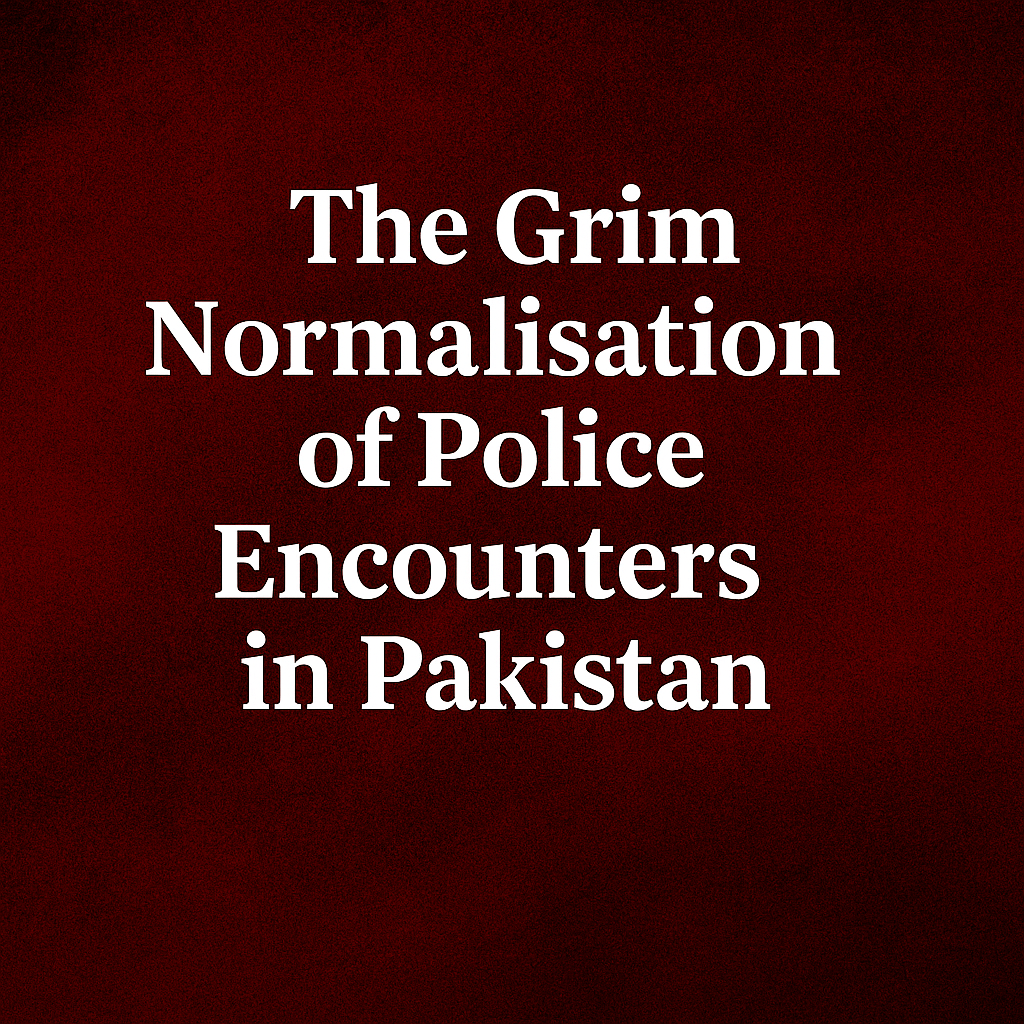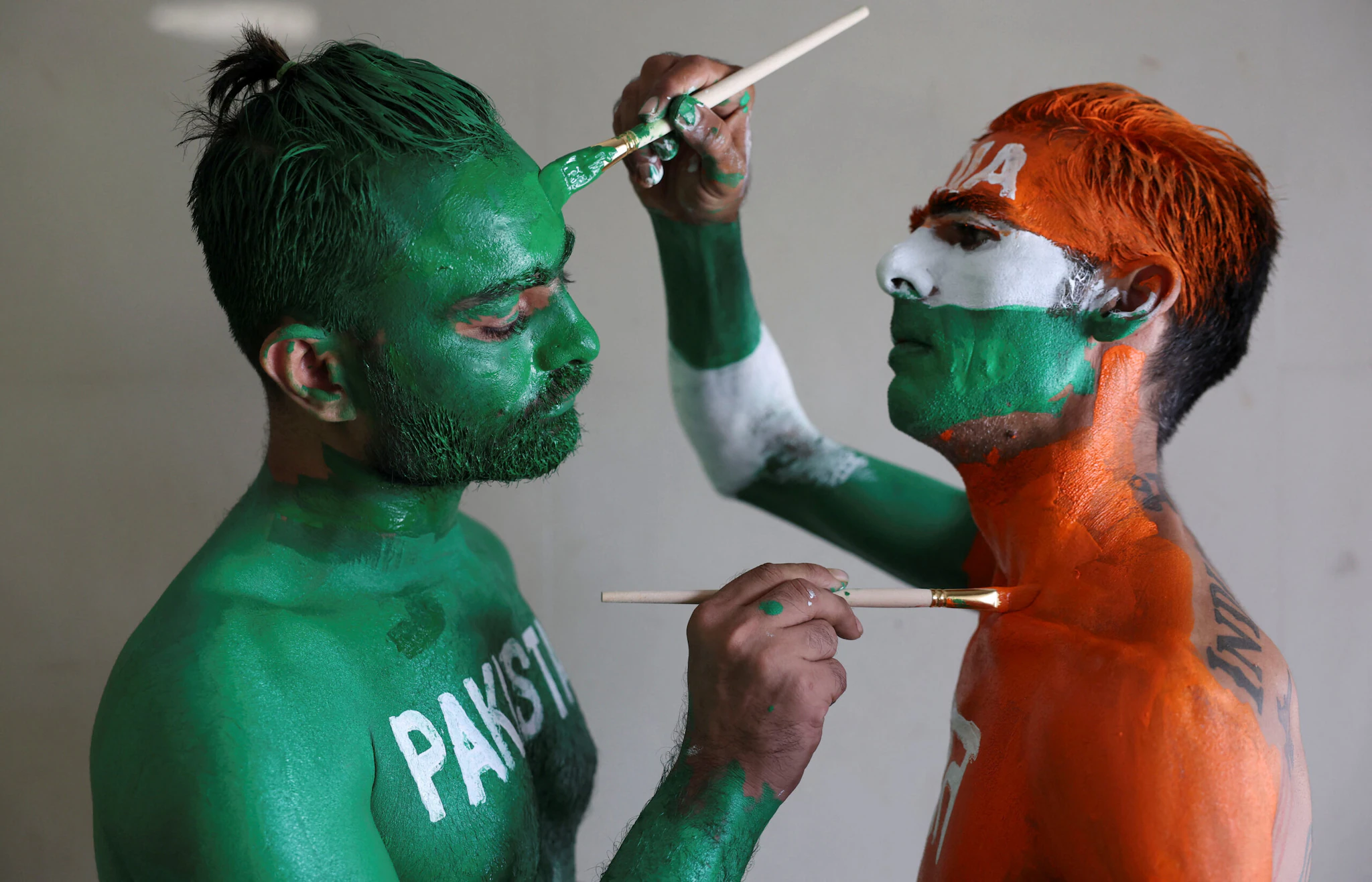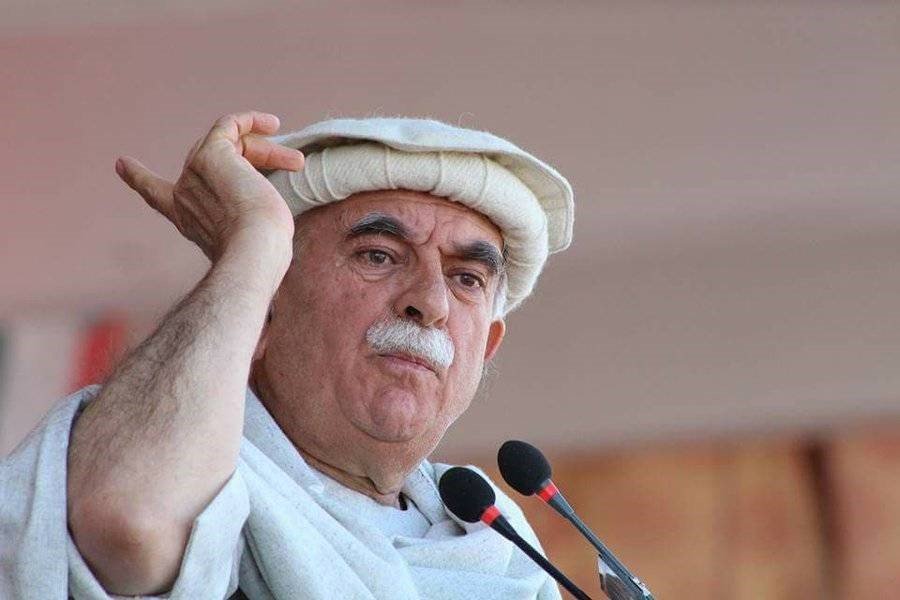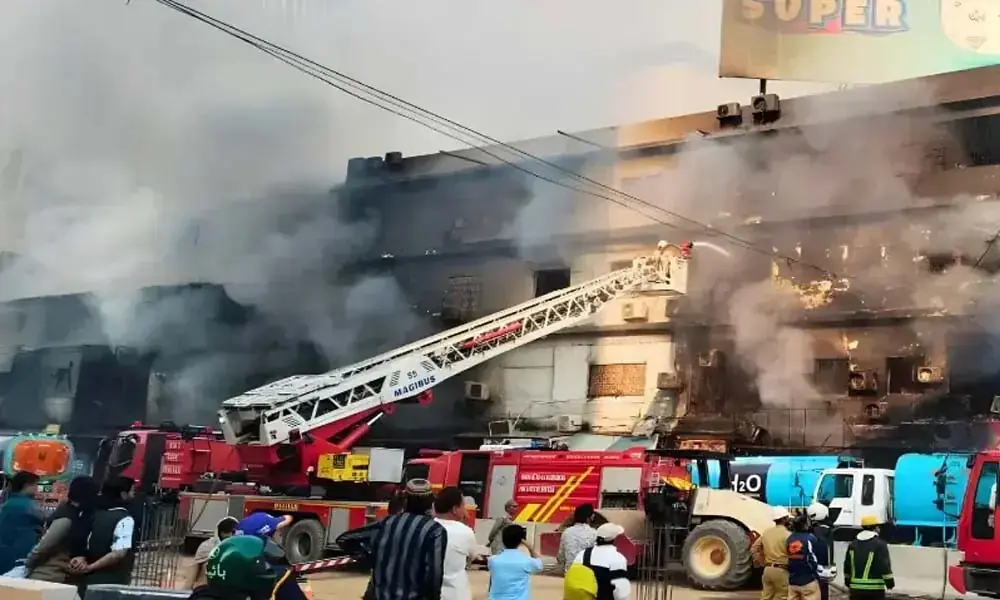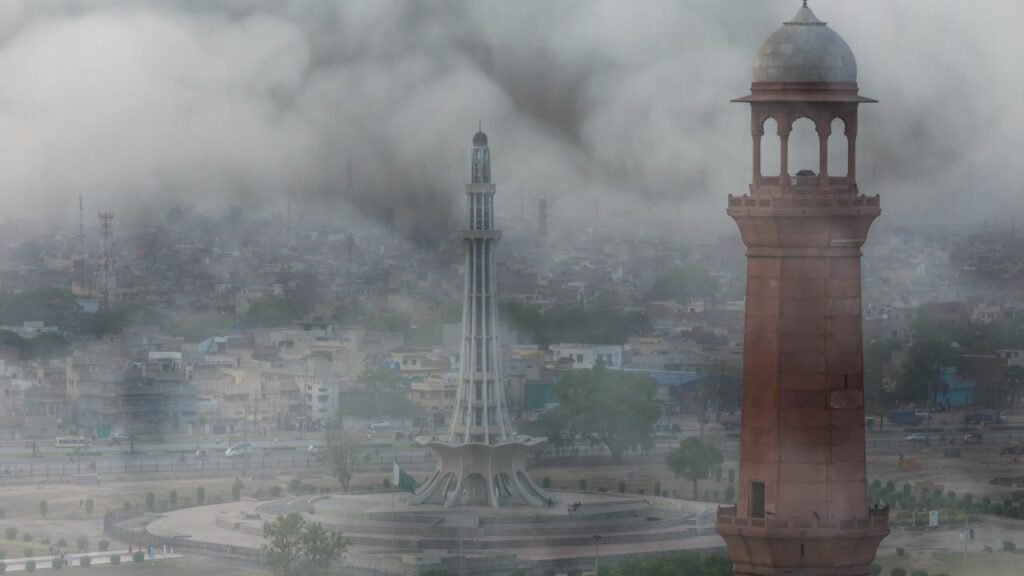Barrister Naveed Ahmed Qazi
Extrajudicial killings have long stained Pakistan’s criminal justice landscape, but the trend has worsened in recent months, particularly in Punjab. The Human Rights Commission of Pakistan (HRCP) reports over 500 alleged police encounters this year, resulting in more than 670 deaths. These alarming figures emerged soon after the Punjab Police established its Crime Control Department (CCD), ostensibly to curb violent crime. Instead, the creation of this unit appears to have accelerated the lethal culture of “encounters,” reflecting a systemic failure of justice and accountability.
Such killings are not new, but their growing normalisation is deeply troubling. The state’s implicit acceptance of encounter killings reveals an uncomfortable truth: law enforcers and administrators increasingly view summary executions as an effective form of justice. A CCD spokesman has denied wrongdoing, claiming “zero tolerance for extrajudicial acts.” Yet, when over 5,00 staged encounters were reported across Punjab and Sindh in 2024-25 alone, denial no longer carries credibility.
Follow Republic Policy on YouTube
The most compelling argument against this brutal practice is its cost in innocent lives. From Naqeebullah Mehsud to Shahnawaz Kambhar, many have died in fake encounters—victims of systemic inefficiency and impunity. The Constitution guarantees due process to every citizen; denying it under the pretext of crime control undermines the state’s moral authority and legal foundations.
Officials often justify encounters as a “quick fix,” a shortcut around slow courts and weak prosecution. However, research and experience show that these methods do not reduce crime—they only deepen mistrust between citizens and law enforcement. Even more alarming is the glorification of so-called “encounter specialists” within police ranks, who are celebrated as heroes for killings that, in many cases, have never been lawfully proven.
Follow Republic Policy on Facebook
The solution lies not in violence, but in reform. Pakistan urgently needs a modern, transparent, and science-based policing model. Forensic tools, digital evidence, and professional training must replace coercion and brutality. Independent oversight is essential—allegations of staged killings should be investigated by impartial commissions comprising judges, legislators, and civil society members.
Follow Republic Policy on TikTok
Equally vital is the overhaul of Pakistan’s colonial-era criminal justice system. With low conviction rates and sluggish investigations, frustration within law enforcement is understandable—but lawlessness cannot be the remedy for inefficiency. The state must strengthen prosecution services, invest in judicial reforms, and ensure accountability at every level of policing.
Follow Republic Policy on Instagram
Ultimately, no society can achieve peace through fear. When justice is delivered through the barrel of a gun, the line between protector and predator blurs. Pakistan must reaffirm that the rule of law—not the rule of might—is the cornerstone of governance. Restoring faith in justice is not merely a legal obligation; it is the moral duty of a nation that aspires to be democratic, humane, and civilised.



